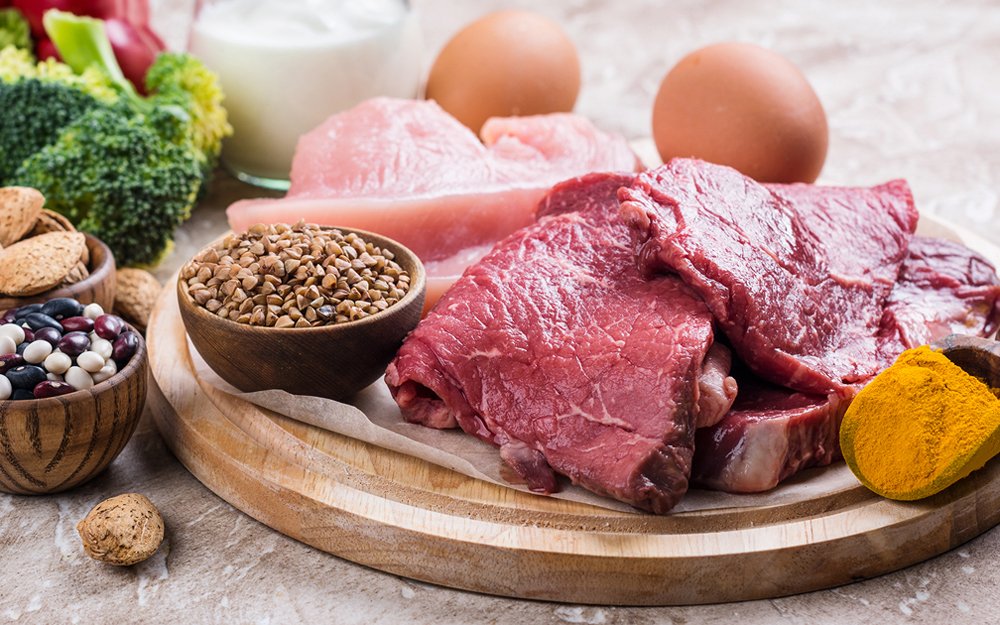Animal proteins are more nutritious proteins because, in addition to more benefits and nutritional properties, they are much richer in essential amino acids. Find out more about them.

The proteins, especially depending on their origin, they differ in animal proteins on the one hand, and vegetable proteins on the other, although it is true that from the standpoint of health the past tend to be recommended presumably because they are healthier.
However, although animal proteins tend to be the ugly duckling of proteins, the truth is that they contain a greater quantity and diversity of essential amino acids (elementary units that make up the molecules called proteins).
These amino acids are divided into essential (phenylalanine, leucine, lysine, isoleucine, methionine, threonine, tryptophan, and valine) and non-essential (aspartic acid, alanine, cysteine, cystine, glycine, glutamic, hydroxyproline, proline, serine, and tyrosine).
The proteins are mainly made up of chains of basic compounds are called amino acids, and there are a total of 22 different amino acids.
For this reason, the quality of proteins depends directly on their content in essential amino acids, which is measured by an index that is called biological value.
Nutritional benefits of animal proteins
Many nutritionists coincide in pointing out that proteins of animal origin are much more nutritious and complete than proteins of plant origin, which tend to be more incomplete and also have a lower biological value.
In this sense, proteins with a high biological value are found in eggs, followed by proteins from meat, fish and dairy products.
Animal protein quality table
| Quality of animal proteins | |
| Eggs | 100 |
| Meat | 75 |
| Fish | 75 |
| Cow milk | 75 |































